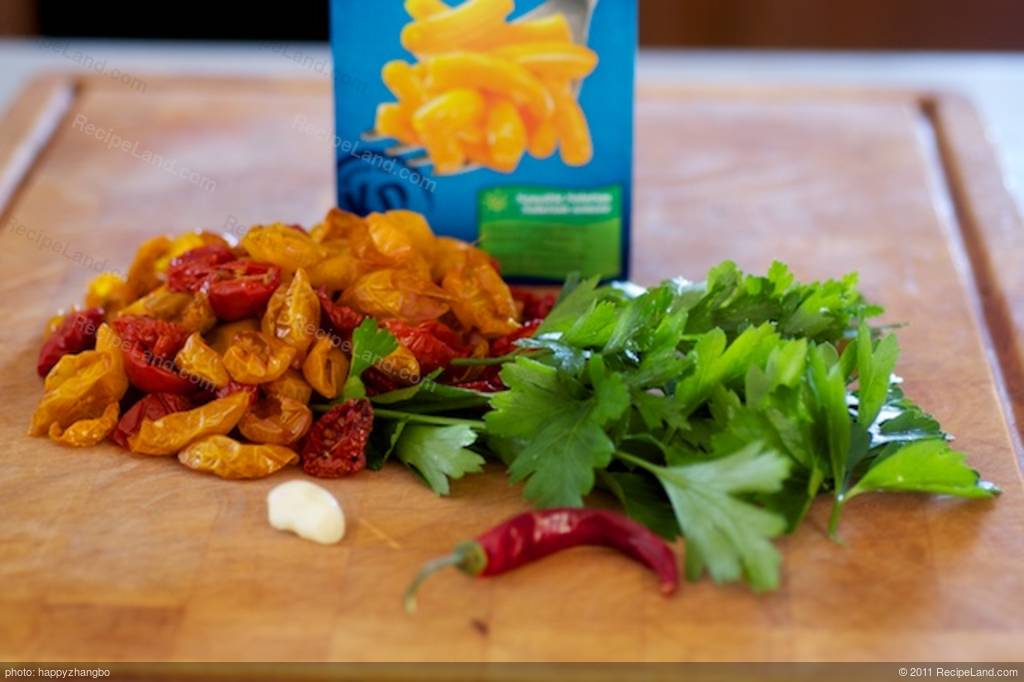

In summer 2020 she plucked 80 pounds of loquats from public fruit trees in Berkeley, making everything from sauce to jams, jellies and a dried version she threw into her muesli. “It’s nice to ingest your environment and feel a part of the place and get that extra boost of nutrition,” she said. Author and naturalist Jessica Carew Kraft holds the turkey feather she uses as a quill pen to sign her new book. Credit: Ximena Natera, Berkeleyside/CatchLight She has trekked Tilden searching for wild edibles and natural materials to fashion into useful objects, foraged the fruit trees and redwood stands of the Berkeley Hills and dined on freshly sprouted candy cap mushrooms on the steps off Arlington Road. “It would be great if more people would eat it.” “We have an overpopulation of deer in the Berkeley Hills,” she said. She finds it wasteful to see such food sources end up rotting away. Kraft does not hunt, partly because of the abundance of roadkill – especially during the fall rutting (aka mating) season. But if it looks fine and rigor mortis hasn’t set in, it’s usually OK.” “Are there flies on it? Does it smell terrible? Is it oozing out of orifices? Leave it alone. Her tip for sizing up roadkill: Use your senses. She later served venison stew made from the roadkill to guests in her Berkeley home. Kraft found an estimated 110-pound buck off Highway 108 near Jamestown in 2019. She promotes the venison, she said, “as the freshest, wildest, most organic meat you can get,” similar to the gourmet fare of upscale restaurants. Such expertise has allowed her to confidently serve raccoon roadkill soup to her young daughters (it tastes like the dark meat of chicken, Kraft said) and sautéed and stewed deer roadkill to her Berkeley guests. During that time she also participated in a number of skills-gathering workshops led by members of the Ohlone, Miwok and Pomo tribes. The highlight of that period was a one-week wilderness survival camp, Wilderness Awareness School, in Duvall, Washington, where she watched her friend slay a live goat for dinner. During a recent hike to Jewel Lake, Kraft tracked wild animals and foraged, the latter being her favorite skill, one of many she has learned over the five years she spent researching the book. Rewilders practice a broad range of skills that include hide-tanning, from roadkill animals or those you have “harvested,” and then turning such skins into clothing, re-sowing with native seeds, basket weaving, acorn grinding and cordage making.īecause of all the time she has spent there, Kraft considers Tilden her second home. The book chronicles her adventures in “rewilding,” a movement that advocates a hunter-gatherer lifestyle as an antidote to a contemporary culture that has disconnected humans from our history and nature. The Berkeley Hills resident proudly held up a quill pen she used the day before to sign copies of her first book, Why We Need to Be Wild: One Woman’s Quest for Ancient Human Answers to 21st Century Problems. “When I’m in nature I like to have a knife,” she said.

Jessica Carew Kraft arrived at Tilden Regional Park wearing thrift-shop camo pants, a short-sleeved T-shirt and a many-pocketed vest that conveniently hides her Mora knife in a sheath on her right hip. Credit: Ximena Natera, Berkeleyside/CatchLight Berkeley author and rewilding advocate Jessica Carew Kraft in Tilden Regional Park on Aug.


 0 kommentar(er)
0 kommentar(er)
